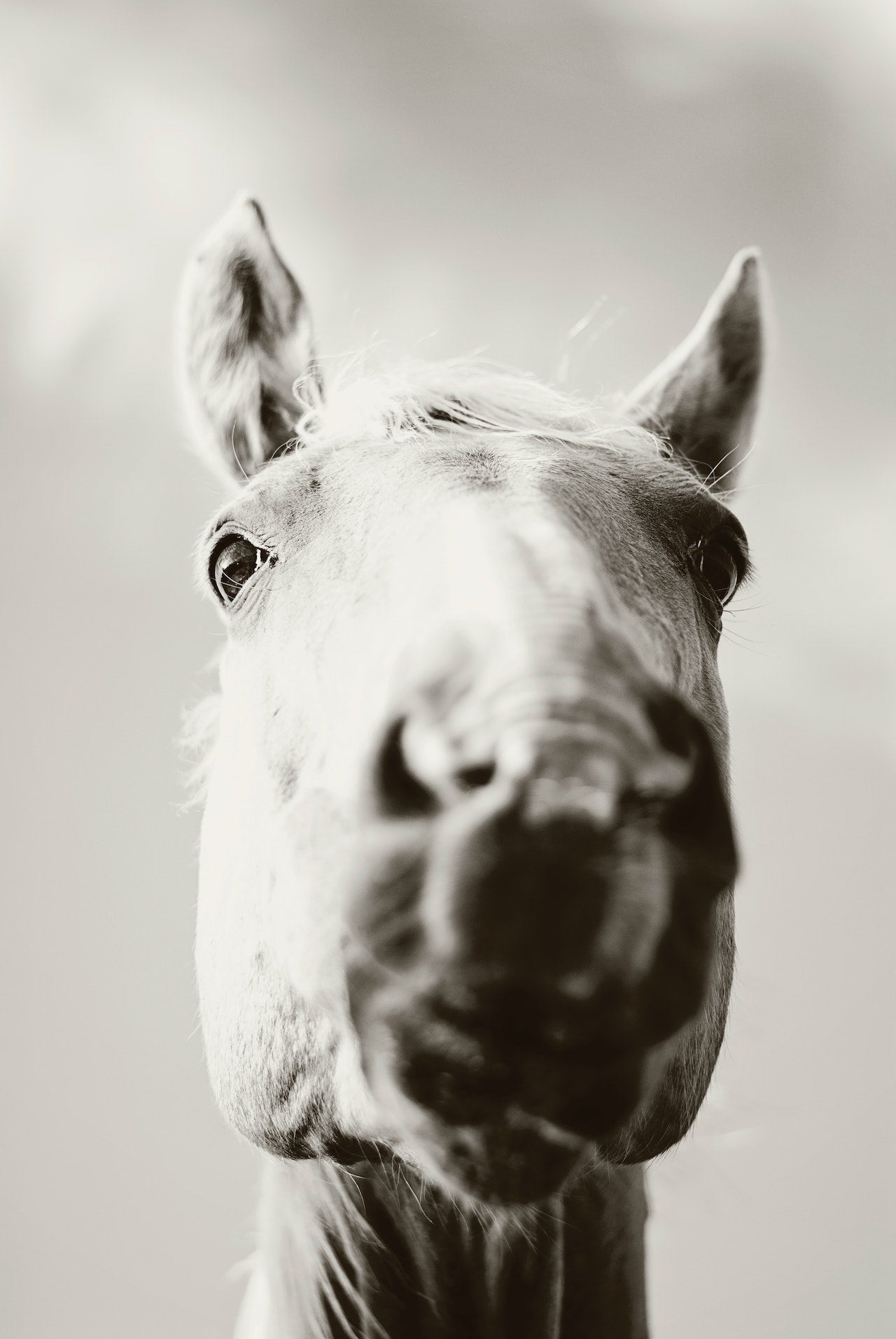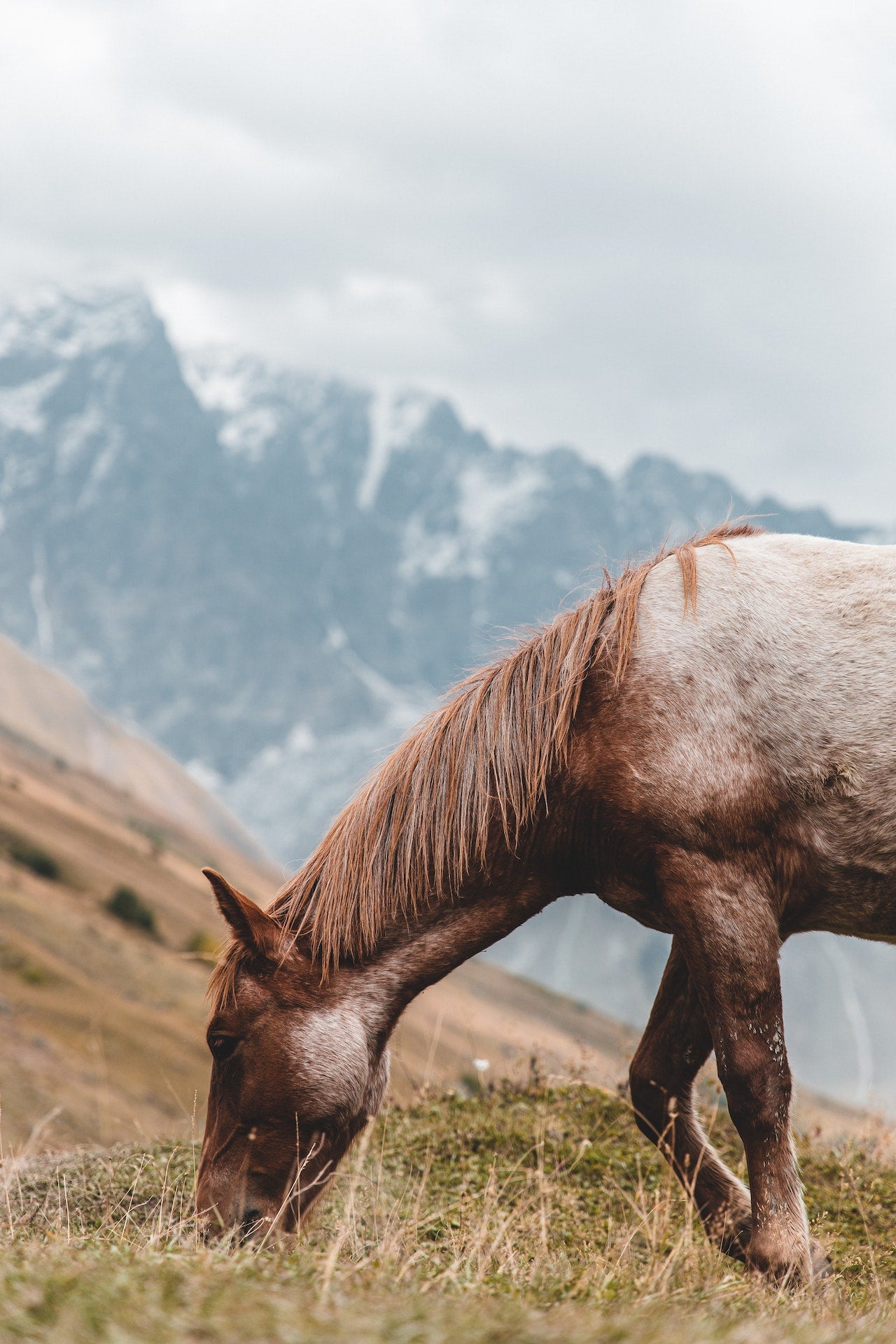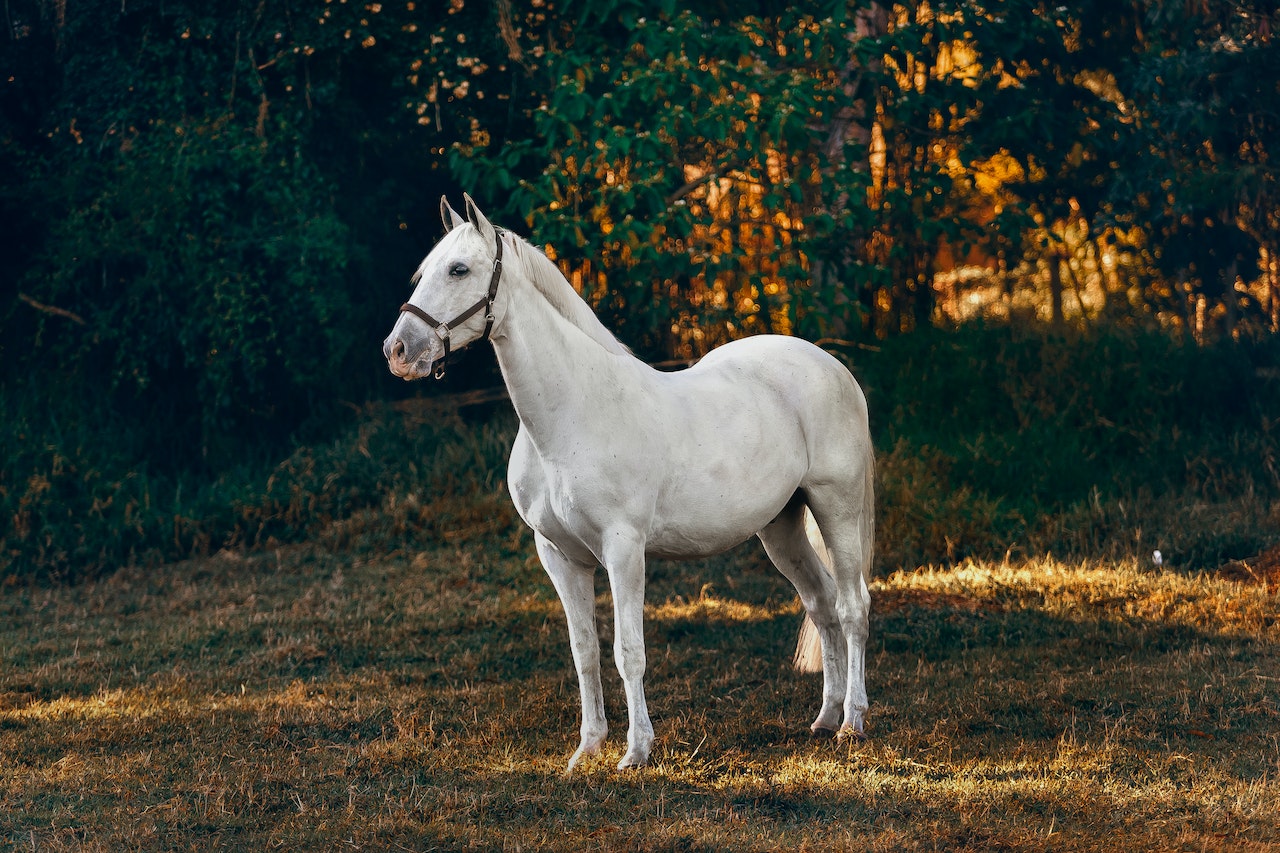
Radishing Good Health: Unearth the Benefits of Feeding Radishes to Horses
Radishes are root vegetables widely known for their crisp texture and spicy flavour. They are nutritious vegetable that is rich in vitamins, minerals, and antioxidants. While radishes are a popular food for humans, some horse owners may be wondering whether it is safe to feed radishes to their equine companions.
The health benefits of feeding radishes to horses are often underestimated. Radishes are a powerhouse of nutritional value, providing essential vitamins and minerals that can help promote overall horse health. On top of all this, Radishes have anti-inflammatory properties which can help improve joint health. All of these benefits, however, must be taken in moderation, as too much can lead to digestive problems.
In this article, we will delve further into the hidden health benefits of feeding radishes to horses and the precautions one should take when doing so. So, let's dive in and discover the wonders of radishes for horses.
Can Horses Eat Radish?
Yes, horses can eat radishes as long as they are fed in moderation. Radishes are high in dietary fibre, which helps promote a healthy digestive system in horses. They also contain vitamin C and B vitamins, as well as trace minerals such as magnesium, potassium, and zinc, all of which are beneficial for overall horse health. Horses should be fed only a very small quantity of radish, however, as too much can cause bloating and other digestive problems.

About Radishes
Radishes are root vegetables that belong to the Brassicaceae family, which also includes cabbage, broccoli, and mustard. They come in a variety of shapes, sizes, and colours, including red, white, and black. Radishes originated in Europe and have since been cultivated in many parts of the world.
Radishes are typically eaten raw and can add a crisp, spicy flavour to salads, sandwiches, and other dishes. They can also be pickled or roasted for a milder flavour.
In addition to their culinary uses, radishes have some potential health benefits. They are low in calories but high in fibre, vitamin C, and other nutrients. Some studies have suggested that radishes may have anti-inflammatory and anti-cancer properties, although more research is needed to confirm these findings.
The Benefits of Feeding Radish to Horses
Promotes digestive health
Radishes are high in dietary fibre, which helps promote a healthy digestive system in horses. Dietary fibre helps keep the intestinal tract functioning properly and can help reduce the risk of gastrointestinal issues such as constipation and colic. Fibre also helps slow the process of digestion, allowing the horse to absorb more of the nutrients from the food that they eat. This is especially important for horses with sensitive stomachs or digestive disorders, as it can help reduce the chances of developing gastrointestinal issues.
Low in calories
Radishes are low in calories, but high in essential vitamins and minerals. A single radish contains only 6-7 calories, yet provides significant amounts of vitamin C, folate, magnesium, phosphorus, potassium, and zinc.
Provides vitamins and minerals that contribute to overall horse health
Radishes contain several vitamins and minerals that are beneficial to the overall health of horses. These include vitamin C, B vitamins, magnesium, potassium, and zinc. Vitamin C helps support a healthy immune system, while B vitamins provide energy and help keep the nervous system functioning properly.
Magnesium helps regulate electrolyte balance and muscle function, while potassium aids in hydration and aids in nerve and muscle contractions. Finally, zinc helps strengthen bones and supports healthy immune system functioning. Together, these vitamins and minerals provide essential nutrients to horses, contributing to their overall health.
Contains anti-inflammatory properties
Radishes contain anti-inflammatory properties which can help to reduce inflammation in horses, particularly in joint areas such as the knees, hocks and fetlocks. This can be beneficial for horses with conditions such as arthritis, tendonitis and laminitis, as well as those with sore or stiff joints from strenuous exercise. The anti-inflammatory properties of radishes can also help with general stiffness and any pain associated with it.
Can help increase appetite in horses
Certain horses that are picky eaters can be encouraged to eat more by adding a small number of radishes to their diet. Radishes provide an extra boost of flavour and nutrition, which can make it easier for picky horses to finish their meals. Additionally, the high dietary fibre content in radishes helps to slow digestion, which can make horses feel fuller for longer and prevent them from feeling hungry in between meals.
Guidelines on Feeding Radishes to Horses
Preparing radishes for horses
To prepare radishes for horses, you should wash the radishes thoroughly and remove the leaves before feeding them to your horse. If possible, cut the radishes into small pieces or shred them as this makes them easier to chew and digest. You can also mix the radishes with other types of feed or hay to encourage consumption.
Feeding amount
Since radishes are a high-fibre food and can cause digestive issues if overfed, it's important to only feed a small amount. The general guideline is to feed no more than 1 cup of radishes per day to an adult horse. This can be divided into smaller meals throughout the day or served all at once, depending on your horse’s preferences.
Feeding frequency
The frequency at which you should feed radishes to your horse depends on a few factors, such as their size and level of activity. However, you may need to adjust the frequency and amount of radish depending on your individual horse's needs.
Risks of Feeding Radishes to Horses
Overfeeding
Overfeeding radishes to horses can lead to digestive issues such as bloating, colic, and diarrhoea. This is due to the high dietary fibre content of radishes, which can cause digestive upset if overfed. As such, it's important to only feed a small number of radishes to your horse.
Toxicity
The leaves of the radish plant contain oxalic acid which is toxic for horses and should not be consumed. Ingestion of the leaves can lead to a variety of health issues including abdominal pain, nausea, and even death in some cases.
Concluding Words
It's important to remember that while radishes are a healthy snack for horses, they should only be fed in moderation and with great care. Make sure to always remove the leaves before feeding them, and monitor your horse's health and digestion when introducing them to their diet.



